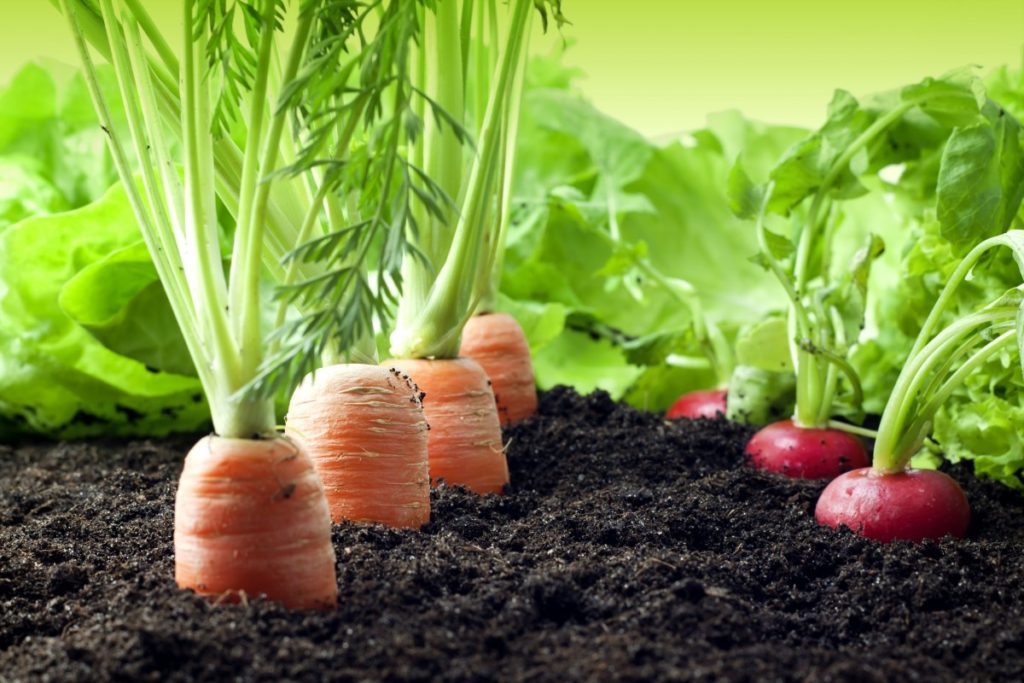We are committed to producing safe, dependable, high-quality natural & organic agronomic inputs.
The Main Ingredients
Bio-Sustain Micro-organisms ( microbial fertiliser )contains a wide range of beneficial soil bacteria and fungi in a very concentrated form.
The microbes in Bio-Sustain can withstand and function in very acidic soil (pH 4.5).
Each cell multiplies at the rate of 1 cell into about 1,000,000 cells in 24 hours in the soil.
General Benefits (1)
• The micro-organisms improve the physiology and biology of the soil by “flooding” it with micro-organisms.
• Certain micro-organisms fix Nitrogen from the air for the plants.
• They also decompose organic matter and extract nutrients for the plants, and which cannot be accessed.
General Benefits (2)
The microbial fertiliser bacteria colonise crop roots and start to multiply. The bacteria bind with the root hairs and cause root cells to swell, forming nodules. Within these nodules, the bacteria work as miniature “nitrogen factories,” pulling nitrogen from the air and converting it into a form the plant can use.
General Benefits (3)
• They dissolve the large amounts of N, P, and K left unusable in the soil by chemical fertilisers, and enable plants to absorb them, thereby cleaning the soil of chemicals.
• Weak, hard, and acidic chemical soil can be restored in 3 years if a lot of organic matter mixed with Bio-Sustain is used.
General Benefits (4)
• Applying Bio-Sustain microbial fertiliser to the soil increases the micro-organisms in the soil greatly. The soil becomes aerated, loose and fertilised, and the plants can absorb minerals consistently.
• Because chemical agriculture kills the micro- organisms in the soil, the soil becomes hard and weak, causing farmers to have to use more and more chemical fertilisers to get previous yields, and this increases their costs.
General Benefits (5)
• Bio-Sustain immunises against pathogens so that the crops are much less prone to pests and disease.
• Bio-Sustain’s micro-organisms break the life cycle of soil-based pests.
• The stems of crops tend to be thicker, and harder for pests to eat.
General Benefits (6)
• By mixing Bio-Sustain with large seeds, or by soaking small seeds in Bio-Sustain, the crop yield can be increased by up to 25%.
Bio-Sustain Micro-organisms
1. Micro-organisms which produce nitrogen
2. Micro-organisms which produce Phosphorus
3. Micro-organisms which produce potassium
4. Micro-organisms which turn minor elements into a useable and absorbable form.
1. Micro-organisms Which Produce Nitrogen
• Micro-organisms break down the contents of chemical fertilisers into Nitrogen for the plants.
• Micro-organisms fix Nitrogen from the air.
• Micro-organisms produce enzymes which transforms Nitrogen gas into amino acid and other forms of Nitrogen that are useful for plants.
2. Micro-organisms Which Produce Phosphorus
Significant volumes of P based fertilisers have been applied to our soil over the past 50 years, but it is not easily absorbed. When phosphorus fertilisers are applied to the soil it precipitates with elements like aluminium in acidic soils and calcium in soils with pH higher than 7.0. These compounds have very low solubility, so the P does not move much in the soil. Phosphate (P) can only become available to plants when it has been converted to inorganic P and becomes present in the soil solution. Bio-Sustain consists of micro-organisms that dissolve and solubilise phosphorus easily so that the plants roots can absorb it. A biologically rich soil will help unlock P as well as ensure that P provided in fertilisers is made available to plants.
3. Micro-organisms Which Produce Potassium
Potassium plays a major role in protein, carbohydrate, and fat synthesis, so the quality and quantity of the crop yield depend on Potassium. The most rapid and appropriate way to obtain Potassium is through the use of Bio-Sustain, which through biological weathering increases the decomposition of plant residues and animal remains.
4. Micro-organisms Which Make Available Other Minerals
Each kind of plant needs different minor elements. These elements exist naturally, but often in an unusable form. They need certain micro-organisms to transform them into a usable form.
Soil microbes and cycling of elements:
The biogeochemical process through which organic compounds are broken down to inorganic compounds or their constituent elements is known as mineralisation. Soil microbes plays important role in the biochemical cycling of elements in the biosphere where the essential elements (C, P, S, N & Iron etc.) undergo chemical transformations. Through the process of mineralisation organic carbon, nitrogen, phosphorus, sulphur, iron etc. are made available for plant uptake.

